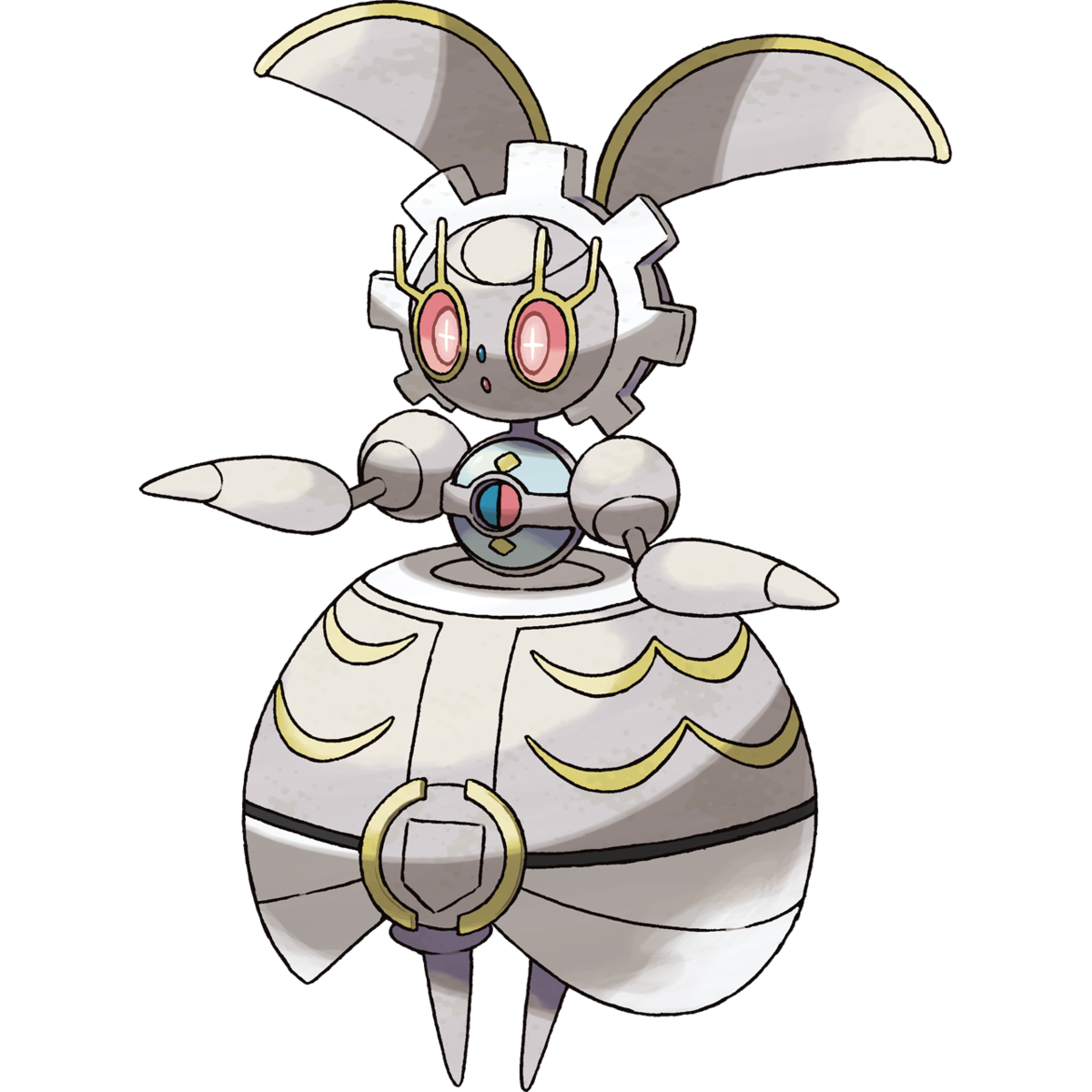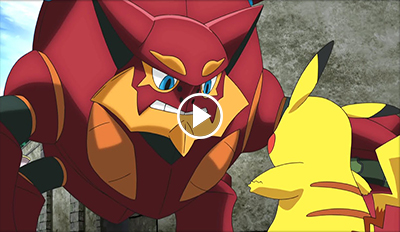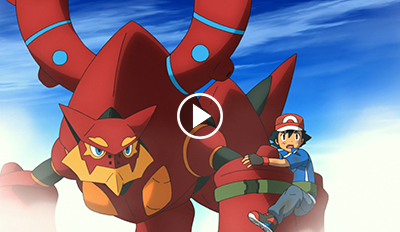Pokémon the Movie: Volcanion and the Mechanical Marvel
Volcanion was a really cool movie. It was meaningful and beautifully animated, with a kind of steampunk vibe, which is always fun to write for.
There were interesting contraptions that were part of the kingdom where most of the action took place. That enabled us have a lot of fun with the score, doing clanking percussion and mallet to give it this really mechanical feel.
Influences on the Volcanion score
Musically, Richard Wagner is a big influence. He’s really good at creating action cues that are just shy of over the top.
John Williams uses Wagner’s palette a lot, too. And of course, with my influence meter, John Williams is like the Beatles for most rock musicians. It’s not a question of whether or not there’s John Williams, it’s just a question of how much. And not just the big epics, like Jaws and Star Wars, but the other stuff he did in the ‘70s, like Towering Inferno and his other Irwin Allen films.
The Volcanion theme
Ed gave Volcanion the tormented hero orchestration and theme influenced by mid-19th century opera. So it’s got tenor tubas and trombones banging out his triumphant but minor themed tune. And then we revisited it with flutes, muted strings and harp in the middle of the movie when he had his dark tea time of the soul.
And for Magearna, the ancient robot creature that Volcanion protects, we used the glass harmonica, which has a series of glass bowls that create this ghostly ringing sound.
The music that Magearna played as a lullaby is actually part of the score. I used the opening motif and melody of “Soul Heart,” the song at the end of the movie. So in that tune, we get foreshadowing as part of the underscore any time we see Magearna, even in flashbacks where she’s entertaining the child that she was created to protect.




